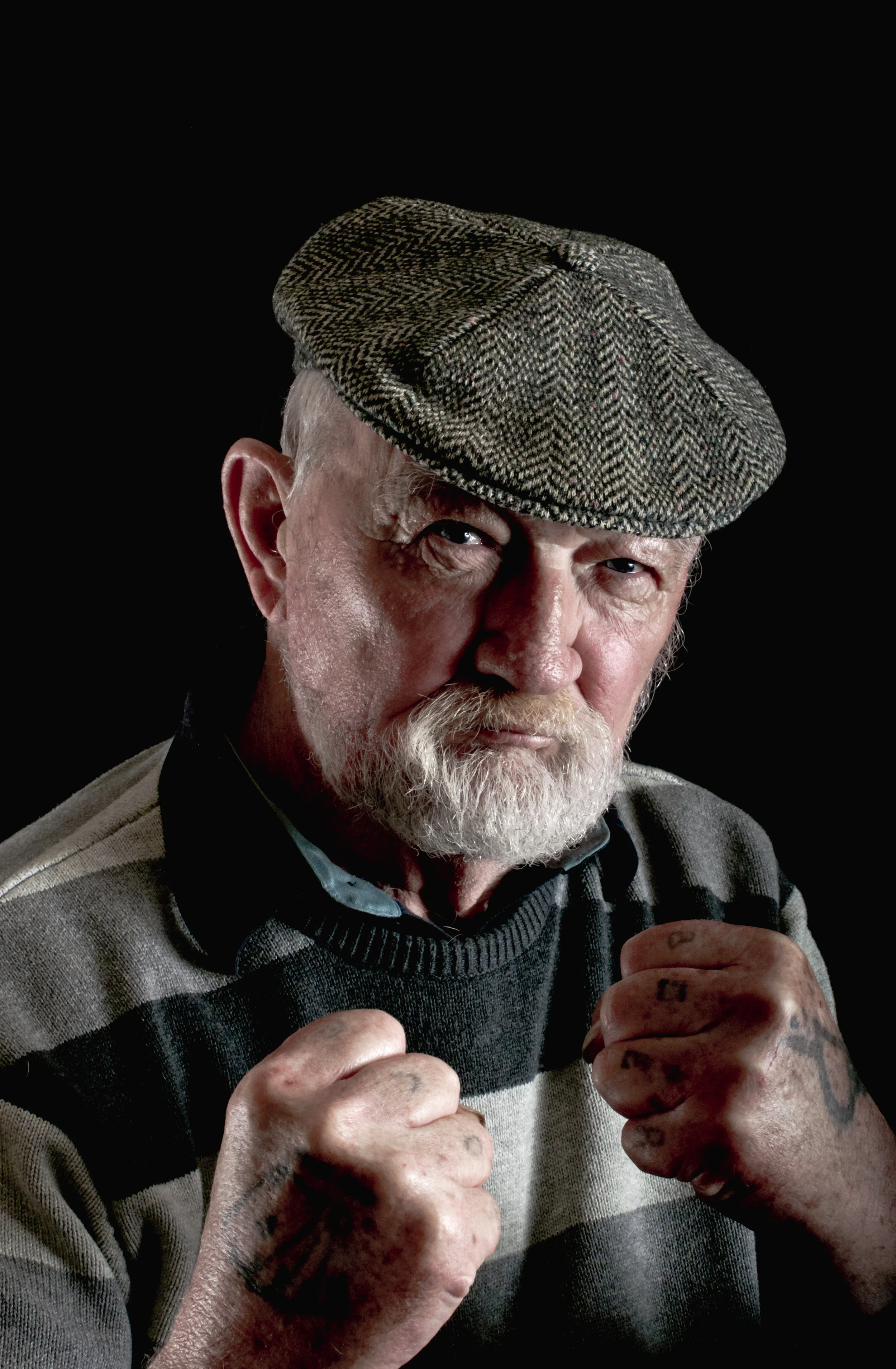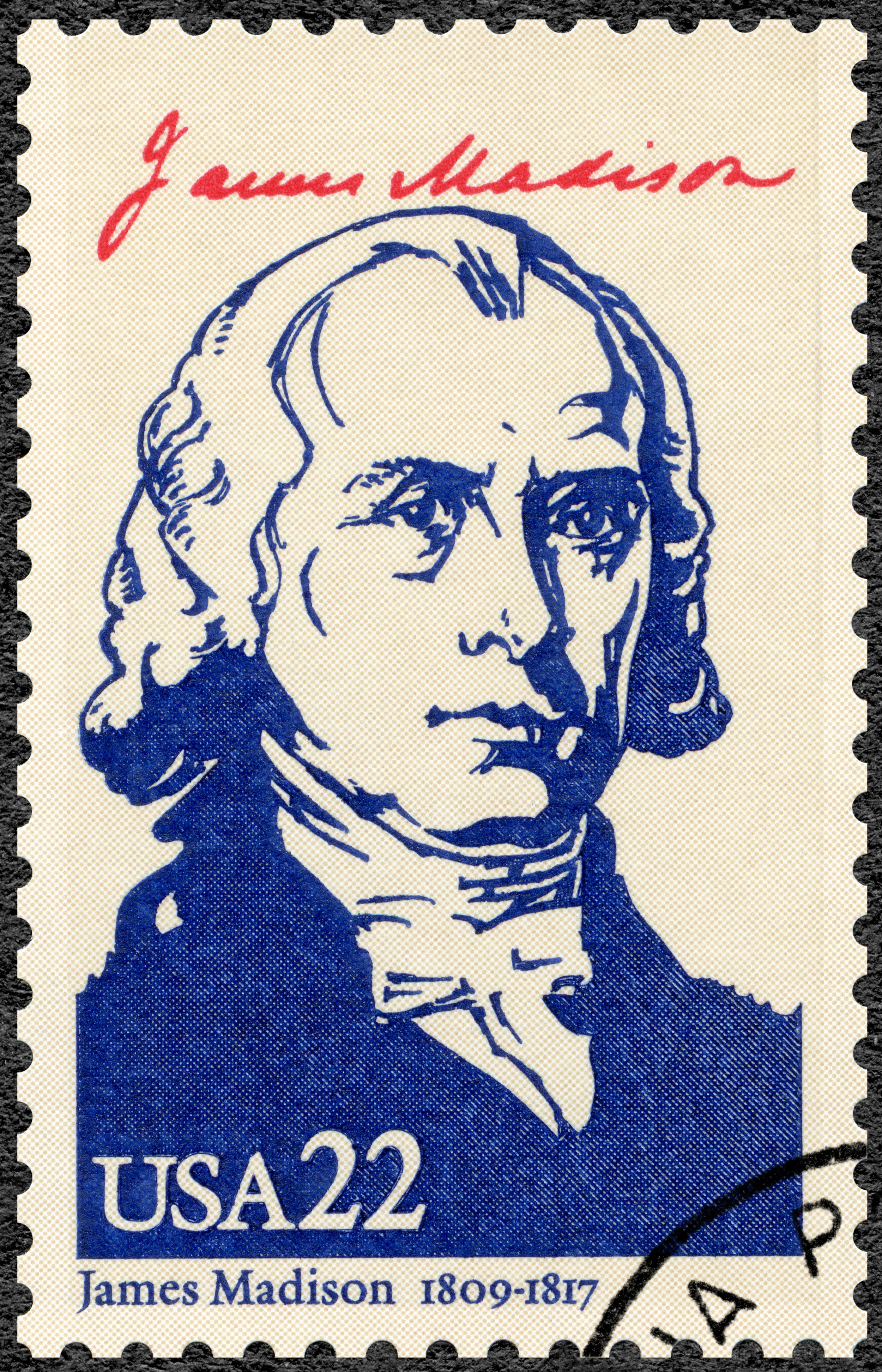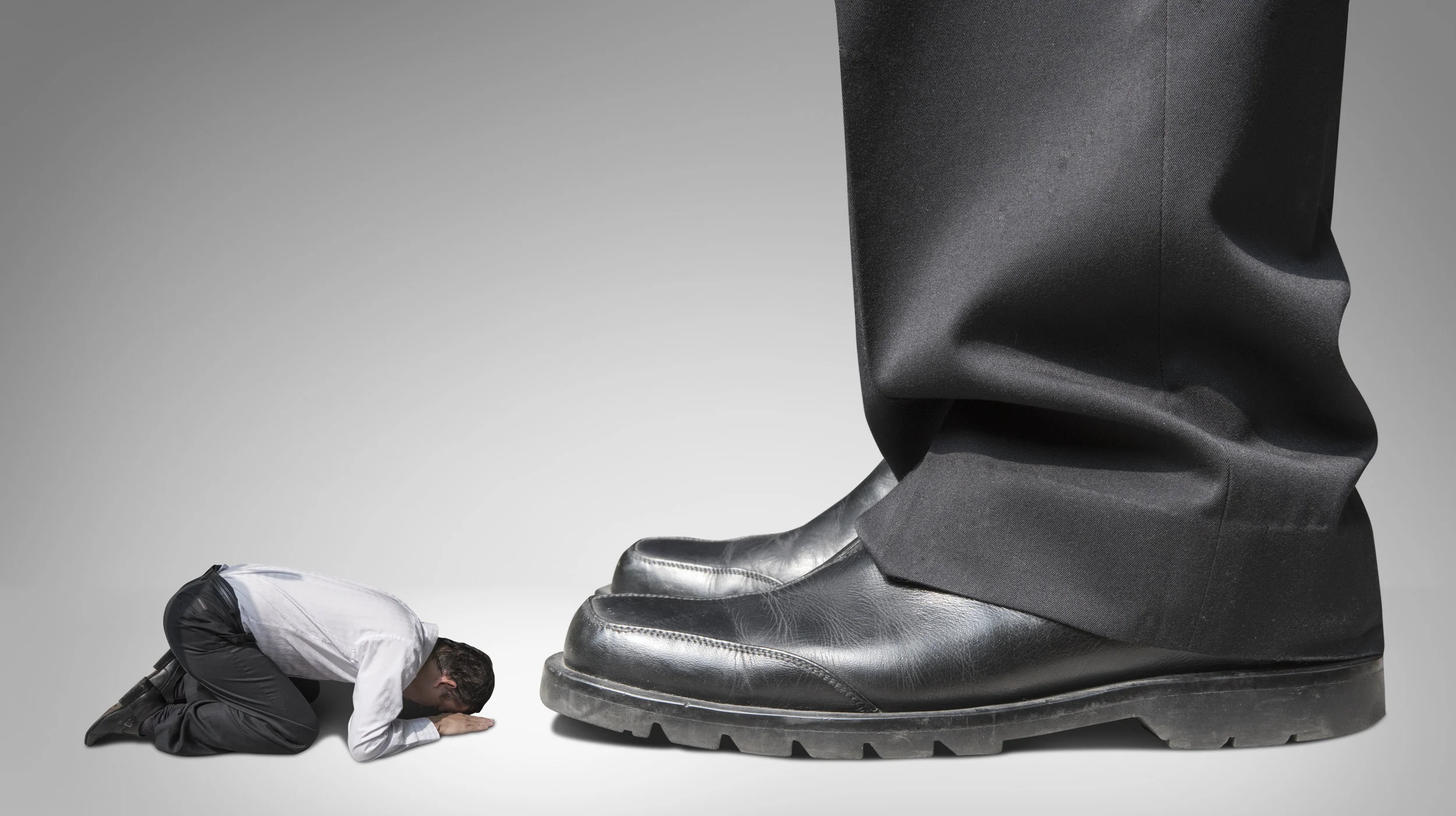In 2016, only 46 percent of 18- to -29-year-olds cast a ballot, compared to 71 percent of
their elders ages 65 and up.
Madison's Confidence in Voters
Parties Need More, Not Fewer Voters, To Thrive
Both parties might be pleasantly surprised to learn that they have more to gain from courting every voter during presidential elections in not only Michigan, solidly blue until 2016, but also Mississippi, safely red in the current system.
Why Democracy?
Growing Autocracy Abroad
Americans would be wise to remember that it takes great effort on the part of the electorate to maintain our political ideals
The Voting Rights Act Turns 53
53 years ago America passed the landmark Voting Rights Act. We still have a long way to go to make every vote count.
Every Vote Should Matter
Some may remember that California used to be a Republican stronghold. But Democrats repositioned their party to capture the nonvoters and the ignored factions. They became the ruling party in California for the last quarter century.
Foreign Adversaries Could Flip An Election By Hacking A Senate or Presidential Campaign
If a national popular vote determined the winner of the presidency, it would become much more difficult for a campaign headquarters hack to influence a decisive number of votes in a single state to turn a national election.
Why Did So Many People Not Vote For President in 2016?
Why would registered voters choose to not vote? According to a poll, 25 percent of respondents said it was a “dislike of the candidates or campaign issues.” 15 percent said it was because of “a lack of interest or a feeling that their vote wouldn’t make a difference.”
Russians Used Facebook In An Attempt To Turn Voters Off of Democracy in Purple States
Russians Used Facebook To Turn Voters Off of Democracy in Purple States. The tactics demonstrate the unique vulnerabilities within our presidential election system regarding the “winner-take-all” method.
Most Voters Favor Background Checks. 3-D Guns Bypass Them.
94 percent of Americans responded that they supported background checks for all gun buyers. How would they feel about guns that can avoid them entirely?
Why Were Most Voters Left Out of the 2012 and 2016 Presidential Elections?
Only in the 21st century did densification and polarization produce a situation in which each of the two major parties' candidates chose not to compete in a large number of states conceded to the rival.
Here's a Question for Next Year's Bar
THE "WINNER-TAKE-ALL" RULE ADOPTED BY 48 STATES WEAKENS VOTES
A state may not advantage its citizens as against citizens of other states as a general rule. For example, it cannot give its citizens greater access to public forums for assembly.
The Constitution gives citizens in small states more electors per voter than citizens in large states. But is it right for a state to exacerbate that extra power by adopting a winner-take-all rule for choosing electors? Such a rule enables voters composing a mere plurality to name all the states’ electors in the Electoral College.
The right to assemble includes the right to move to a state that upholds and supports the political and policy preferences of any citizen. For example, a citizen may choose to live with others who are willing to pay higher taxes in return for more funding for public schools, public transportation, or other public benefits. However, by not granting citizens the right to vote with equal weight for president, a state inhibits the right to assemble with like-minded people in a community.
To illustrate, in 2016, under the current system, a citizen who prefers Trump over Clinton lost weight in voting by moving from Texas to California, or a Clinton-preferring citizen lost weight in voting by moving from California to Texas. This loss of equal weight is not a result of any operation of the Constitution’s Electoral College system: it occurs because states adopt a winner-take-all-rule instead of pledging their electors to choose the winner of the national popular vote or, as second order solution, allocating their electors proportionally like Nebraska and Maine.
The Way We Elect Our President Separates Voters
A state could not deny its citizens the right to speak to everyone in the country and to assemble with other states’ citizens. It should not deny its citizens the right to have all their votes tallied with the votes of others.
Voters Taken For Granted Are Hurt by Steel Tariff
In a national popular vote, the President would have had to deal with the issue of unfair trade practices by China in a manner that avoided negative repercussions affecting voters across the country.
Want Fair Trade? Count Votes Fairly
In a national popular vote, presidents would have to consider what the majority of voters want, including one who need fair trade policies.
How We Elect the President Makes Farmers an Easy Target in a Trade War
A national popular vote would make industries like farming in current swing states less vulnerable targets in a trade war.
New Ballot Measures to Stop Gerrymandering
This November, Michigan, Missouri, Colorado and Utah are expected to have measures on their ballots to curb gerrymandering of congressional districts.
Regardless of Party, Americans Want President Who Wins the Most Votes, Poll Finds
Regardless of party, Americans believe the person who wins the most votes nationwide should become president, and they're willing to change the rules to make sure that happens.




















